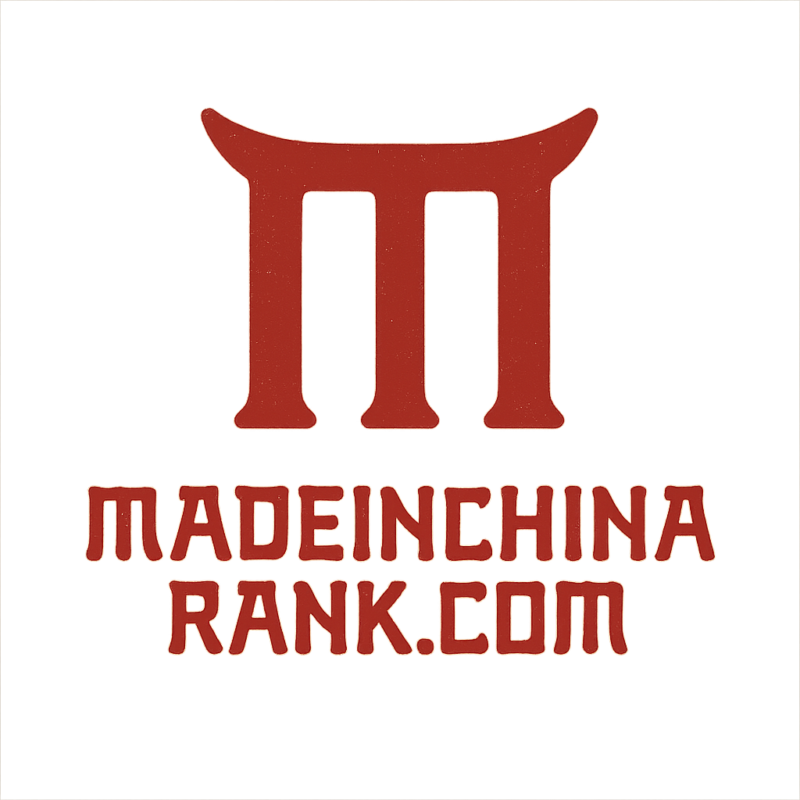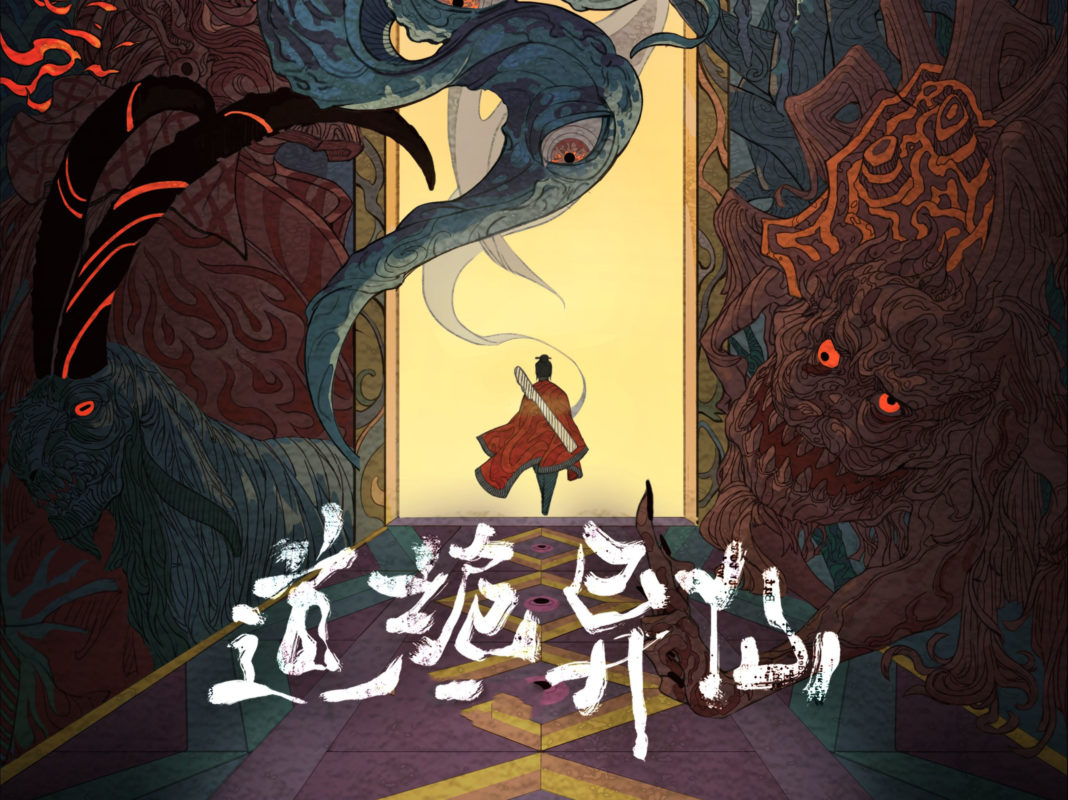A Paradigm Shift in Xianxia: Redefining the Cultivation Epic
In the saturated landscape of Chinese web literature—where xianxia tropes often recycle celestial conflicts and power-leveling protagonists—The Way of Strange and Immortal (道诡异仙) emerges as a genre-shattering phenomenon. Penned by the enigmatic author Fox, this serialized novel transcends escapist fantasy to explore the psychology of delusion, the ontology of reality, and the existential cost of immortality. Since its debut on Qidian China in 2022, it has amassed over 2.4 billion cumulative views, spawned multimedia adaptations, and ignited scholarly discourse on Daoist metaphysics in contemporary fiction. Its genius lies not in discarding tradition, but in weaponizing it: transforming qi cultivation, tribulation transcendence, and demonic pacts into visceral metaphors for mental fragmentation in a world where truth is the first casualty of power.
The Architect of Madness: Authorial Vision and Narrative Ambition
Fox’s Literary Alchemy: Blending Philosophy and Horror
Little is known about the reclusive author beyond their background in clinical psychology and Daoist ritual studies—a duality manifest in the text’s chilling authenticity. Fox dismantles xianxia’s power-fantasy scaffolding by asking: What if ascending through cultivation stages required sacrificing one’s grip on objective reality? This premise channels influences as disparate as:
- Lovecraftian cosmic dread (the insignificance of humanity against primordial entities)
- Zhuangzi’s paradoxes (“Am I a man dreaming he’s a butterfly, or a butterfly dreaming he’s a man?”)
- Buddhist anatta doctrine (the illusion of a stable self)
Structural Innovation: The Unreliable Narrative as Worldbuilding
Unlike linear progression fantasies, the novel employs fragmented chronologies, contradictory perspectives, and meta-textual interludes (e.g., “cultivation manuals” that rewrite themselves between chapters). This forces readers into the protagonist’s disoriented psyche, where every revelation might be a hallucination—or a hidden truth.
Protagonist as Battleground: Li Huowang’s Descent into Enlightened Madness
The Illusion of Choice: Sanity vs. Power
At the story’s core is Li Huowang, a scholar-turned-cultivator whose pursuit of immortality fractures his perception. His “breakthroughs” trigger psychotic episodes: he sees allies as flesh-eating demons, hears ancestral whispers in static, and bleeds phantom wounds. Fox renders his trauma through neurological realism—depersonalization, Cotard’s syndrome, and synesthesia—elevating him beyond archetype into a tragic study of cognitive dissonance as survival strategy.
The Dao of Duality: Symbiotic Horror
Li’s greatest antagonist is his own cultivated power: the Strange Immortal, an entity parasitizing his soul. Their relationship evolves from predator-prey dynamics to dark symbiosis, mirroring Daoist yin-yang interdependence. In one iconic scene, Li carves protective talismans into his bones, only for the Immortal to reinterpret them as invitations for possession—a metaphor for how spiritual practices can corrupt their original intent.
Cosmology of Chaos: Worldbuilding as Psychological Warfare
The Ten Courts of Delusion: Geography of the Mind
Fox reimagines the Chinese underworld not as a bureaucratic hellscape, but as a psychogeographical labyrinth:
- Mountain of Skewed Mirrors: Peaks reflecting distorted versions of the self
- River of Forgotton Syllables: Waters that erase memories tied to language
- City of Coherent Lies: A metropolis where delusions gain physical form
Each location embodies psychological states, forcing characters (and readers) to confront uncomfortable truths: Is reality merely consensus among the powerful?
Cultivation System: Enlightenment Through Self-Destruction
Traditional cultivation stages (Qi Refining → Foundation Establishment → Core Formation) are replaced with existential thresholds:
- Shattering the Mortal Lens (denying sensory reality)
- Embracing the Paradox Core (holding contradictory truths simultaneously)
- Weaving the Delusion Tribulation (imposing one’s madness onto the world)
Power escalates not through meditation, but through epistemological surrender—a brutal critique of xianxia’s “might makes right” ethos.
Thematic Resonance: Daoism, Mental Health, and Modern Alienation
Zhuangzi Reborn: The Butterfly Dream as Horror
The novel weaponizes classical Daoist texts:
- “Great Awakening” becomes permanent dissociation
- “Wu Wei” (non-action) manifests as catatonic fugue states
- “Qi” cultivation triggers schizophrenic breaks
This reframes ancient philosophy as a double-edged sword: wisdom and insanity as two sides of transcendence.
A Mirror for Modernity: Cultivation as Capitalism
Beneath the fantasy veneer lies sharp societal critique:
- Immortals hoard “conceptual resources” (belief, fear, memory), creating artificial scarcity
- Sects operate like corporations, monetizing enlightenment through “Daoist contracts”
- Tribulations mirror burnout culture—breakthroughs require sacrificing relationships and sanity
Li Huowang’s struggle mirrors contemporary crises: How much self must we lose to succeed in systems designed to fragment us?
Cultural Impact: From Niche Phenomenon to Genre Revolution
Fandom as Collaborative Delusion
The novel inspired unprecedented reader engagement:
- Cult of the Broken Mirror: Fans analyze chapters using IRL divination tools (Yijing stalks, dream journals)
- “Reality Glitch” forums: Communities document “Li Huowang Moments”—personal experiences of perceptual shifts
- Guqin improvisations: Musicians score emotional beats using pentatonic modes tied to the Five Elements
Academic Reappraisal: “Xianxia” as Literary Theory
Universities now offer courses dissecting the text’s layers:
- Peking University: “Daoist Epistemology in Postmodern Fantasy”
- Columbia University: “East-West Comparative Horror: From Strange Immortal to House of Leaves”
- Tsinghua SEM: “Cultivation Economics: Resource Allocation in Fictional Belief Systems”
Legacy and Horizon: The New Grammar of Chinese Fantasy
The Way of Strange and Immortal has irrevocably altered xianxia’s DNA. Its success birthed the “New Weird China” subgenre—works like Thousand Faces of the Silent Forest and Ghosts Who Wear My Skin that blend folk horror with ontological uncertainty. Fox’s masterpiece proves fantasy need not offer escape; it can be a mirror held against the abyss, asking what we sacrifice to make sense of an incomprehensible world. As Li Huowang whispers in the novel’s penultimate chapter: “The greatest enlightenment is realizing no path exists—only the courage to walk anyway.” In that paradox lies its immortal power.

